Turning 40 is a milestone that often brings new health priorities. As the body changes, nutritional needs after 40 shift significantly, and diet alone may not provide everything required for optimal wellness. Supplements can help bridge nutrient gaps, supporting bone health and osteoporosis prevention, hormonal balance, and energy levels. Many women face aging-related nutrient absorption decline, which makes essential vitamins and minerals even more important. From dietary calcium sources to probiotics, each supplement plays a role in maintaining strength, vitality, and resilience. This guide explores the 12 most important supplements for women over 40 and how they support long-term health.
Why Supplements Become Essential After 40?
At 40, the body’s nutrient dynamics begin to change. Doctors often note a clear middle age nutrient absorption decline, meaning the same foods no longer provide the same benefits. A woman may eat yogurt, spinach, or nuts daily yet still show signs of deficiency in calcium, vitamin D, or magnesium. This happens because the stomach produces less acid with age, which reduces the efficiency of nutrient absorption. Menopause, perimenopause, and lifestyle factors like stress or sleep deprivation add extra strain, increasing the body’s demand for specific micronutrients.
Harvard Health highlights that many women in their forties experience lower levels of vitamin B12 and vitamin D, which can affect energy levels, mood, and immunity. By introducing high-quality supplements tailored to women’s unique biology, deficiencies can be prevented and long-term conditions such as osteoporosis, hypertension, and cardiovascular disease can be managed more effectively.
1. Calcium: The Backbone of Strong Bones
In my opinion, calcium deserves more attention because many women unknowingly fall short of daily needs. Calcium is the mineral most associated with bone health and osteoporosis prevention. Women over 40 are at a higher risk of bone loss due to hormonal changes, especially the decrease in estrogen that accelerates calcium depletion. According to the National Osteoporosis Foundation, one in two women over 50 will break a bone due to osteoporosis. Taking calcium earlier helps reduce this risk.
It’s important to understand calcium absorption. A woman’s body absorbs calcium best when it comes from dietary calcium sources such as cheese, milk, yogurt, and green leafy vegetables. However, research shows that absorption efficiency declines with age, making supplementation essential. Doctors usually recommend 1,000–1,200 mg of calcium per day for women after 40.
Best Sources of Calcium
| Source | Serving Size | Approximate Calcium Content |
| Cheese (cheddar) | 1 oz | 200 mg |
| Yogurt | 1 cup | 300 mg |
| Milk (fortified) | 1 cup | 250 mg |
| Kale | 1 cup cooked | 100 mg |
| Calcium citrate supplement | 1 tablet | 250–500 mg |
This combination of foods and supplements ensures your body meets its dietary intake vs. bone demineralization balance effectively.
2. Vitamin D: Boosting Bone, Mood, and Immunity
Vitamin D is called the “sunshine vitamin” because our skin produces it during sunlight exposure. Yet studies show nearly 42% of American adults are deficient, especially women over 40 who spend most of their day indoors. Without vitamin D, the body cannot properly absorb calcium, weakening bones.
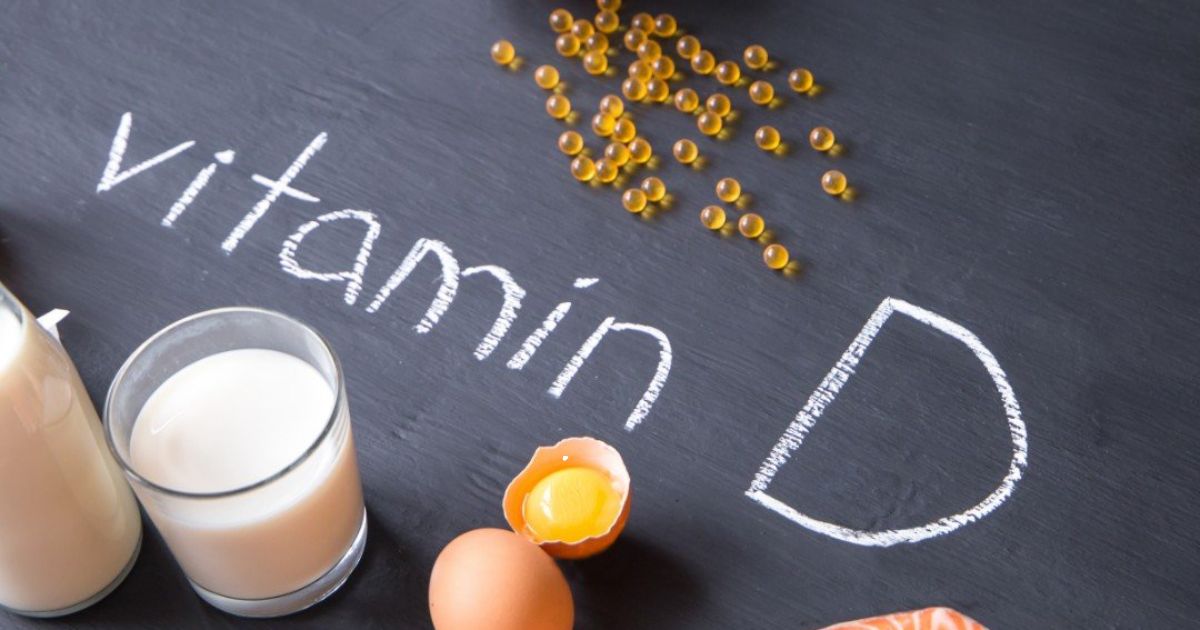
Beyond bones, vitamin D supports mood stability, muscle strength, and immunity. Low levels have been linked with depression, autoimmune disorders, and higher risks of fractures. Foods such as salmon, fortified milk, and cereals provide some vitamin D, but they rarely meet the daily recommended dose of 600–800 IU. Supplementation is often essential to maintain optimal health.
Signs You Might Be Deficient
Many women over 40 experience subtle but concerning symptoms when their vitamin D levels drop too low. These often get mistaken for normal aging, but they may indicate deficiency. Doctors usually confirm this through a blood test called serum 25-hydroxy vitamin D. Common warning signs include:
- Fatigue that lingers even after rest or sleep.
- Low mood or feelings of sadness, sometimes linked to seasonal affective disorder.
- Frequent colds or infections due to weaker immunity.
- Muscle weakness or difficulty climbing stairs and lifting objects.
- Bone pain or tenderness, especially in the hips and lower back.
- Hair loss or slower hair growth than usual.
- Slow wound healing after cuts or injuries.
- Sleep disturbances including restless nights and poor-quality sleep.
If several of these symptoms are present, testing vitamin D levels is strongly advised.
3. Vitamin B12: Essential for Energy and Brain Health
Vitamin B12 plays a central role in blood formation and the nervous system. It helps convert food into energy, supports concentration, and prevents anemia. However, after 40, aging-related nutrient absorption decline affects B12 absorption because stomach acid production slows down.
A CDC report revealed that about 15% of women over 40 have low B12 levels. Foods like chicken, eggs, and fish are excellent foods rich in B12, but supplementation becomes important when symptoms like memory lapses, fatigue, or tingling in hands and feet occur. Doctors often recommend B12 tablets or injections for women with low absorption.
Best Food and Supplement Options
Vitamin B12 is essential for blood formation and the nervous system, yet its absorption declines after 40. That’s why women in middle age often need both food sources and supplements to stay healthy. Reliable options include:
- Salmon: rich in protein and omega-3s along with B12.
- Tuna: another excellent seafood option for boosting B12 intake.
- Fortified cereals: specially enriched for those with low dietary intake.
- Chicken and eggs: everyday foods that provide steady B12 support.
- Dairy products: such as cheese, milk, and yogurt, offering both calcium and B12.
- Methylcobalamin supplements: a highly absorbable form of vitamin B12.
- Cyanocobalamin supplements: widely prescribed and cost-effective.
Adding these to your diet or routine helps prevent fatigue, memory issues, and nerve problems that often come with low B12.
4. Magnesium: Supporting Nerves, Muscles, and Sleep
Magnesium is a powerhouse mineral regulating over 300 biochemical reactions. It supports nerve activity, muscle contraction, blood vessel function, and cardiovascular and blood sugar regulation. Despite its importance, nearly 50% of Americans don’t consume enough.
Magnesium deficiency can lead to poor sleep, muscle cramps, anxiety, and fatigue. Women over 40 particularly need it to manage stress and hormonal fluctuations. Green leafy vegetables, nuts, and avocados are excellent sources, but supplements often provide the needed daily 320 mg.
Magnesium-Rich Foods and Supplements
| Food | Serving | Magnesium (mg) |
| Almonds | 1 oz | 80 |
| Spinach | 1 cup cooked | 150 |
| Avocado | 1 fruit | 60 |
| Black beans | 1 cup cooked | 120 |
| Magnesium citrate supplement | 1 tablet | 200–400 |
By maintaining good levels of magnesium, women reduce risks of hypertension and cardiovascular disease, which are common after 40.
5. Potassium: Heart and Blood Pressure Regulation
Potassium plays a direct role in heart rhythm and blood pressure control. Unfortunately, the USDA reports that 98% of Americans do not meet their daily potassium requirements. Women over 40 with high salt diets are especially vulnerable to hypertension.
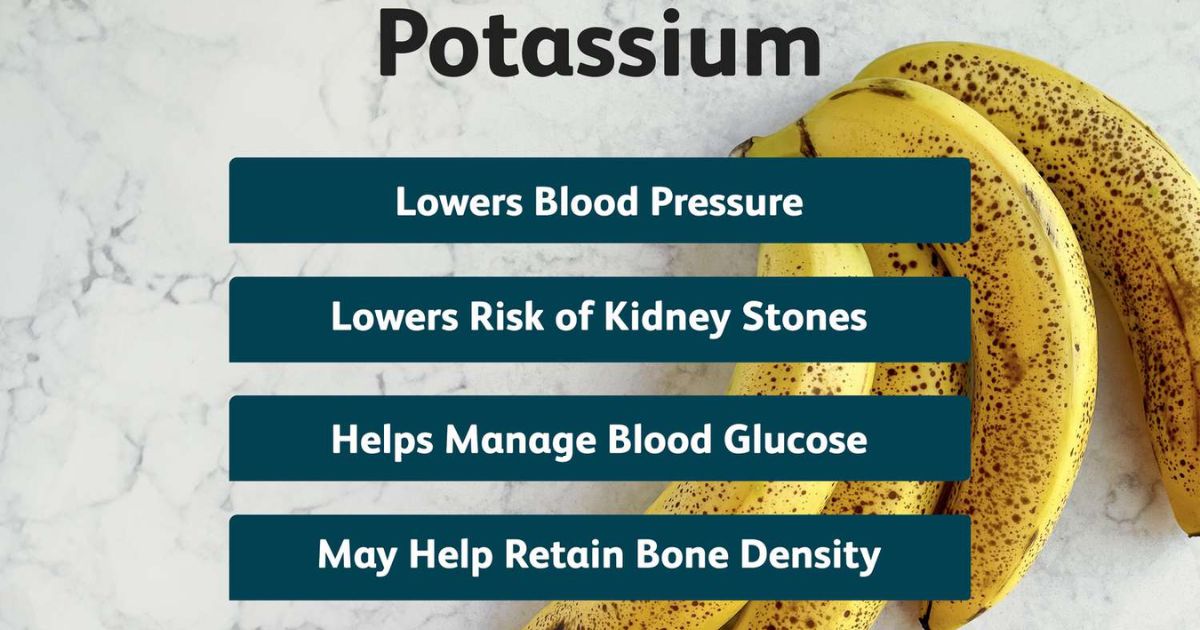
Bananas, potatoes, beans, and spinach are potassium-rich foods, but supplements may be needed for women with blood pressure concerns. Care must be taken, however, since excessive potassium can harm the kidneys.
Best Sources of Potassium for Women 40+
Potassium is essential for heart health and blood pressure regulation, yet most women over 40 don’t meet the recommended intake. While nutritional needs after 40 can be supported through diet, supplements are sometimes used under a doctor’s guidance. The best options include:
- Sweet potatoes: one of the richest natural sources of potassium.
- Lentils: a heart-healthy legume loaded with potassium and fiber.
- Spinach: leafy greens that also provide magnesium and folate.
- Bananas: a classic potassium source that supports muscle function.
- Avocados: healthy fats combined with potassium for cardiovascular support.
- Beans: black beans and kidney beans are excellent for potassium and protein.
- Potassium supplements: only taken under medical supervision to avoid imbalances.
Getting potassium mainly from food helps maintain nerve activity, muscle contraction, and blood vessel function, while supplements are a backup option for women with diagnosed deficiencies.
6. Omega-3 Fatty Acids: Heart and Brain Protection
Omega-3 fatty acids from fish oil reduce inflammation, improve heart health, and support cognitive function. With age, women become more prone to joint stiffness, heart disease, and memory decline. Omega-3s found in salmon, mackerel, and walnuts can fill this gap.
A study published in the American Journal of Clinical Nutrition showed that women who consumed omega-3s regularly reduced their risk of heart disease by nearly 20%. Supplements like fish oil or algae-based capsules are beneficial for those who don’t eat seafood.
Fish Oil vs. Plant-Based Omega-3 Supplements
Omega-3 fatty acids are vital for heart and brain protection, yet not all sources are equal. Fish oil provides the most direct forms, while plant-based options support those who avoid seafood. Here’s how they compare:
- Fish oil (EPA & DHA): the most studied omega-3s for cardiovascular and cognitive health.
- Krill oil: another marine-based source, often easier to digest than fish oil.
- Flaxseed oil (ALA): plant-based omega-3 that the body converts into EPA and DHA, though less efficiently.
- Chia seeds: a vegan-friendly source of ALA with added fiber and antioxidants.
- Walnuts: rich in ALA and supportive for cardiovascular and blood sugar regulation.
- Algae oil: the best vegetarian option, providing both EPA and DHA without fish.
Choosing between fish oil and plant-based omega-3s depends on dietary preference, digestive comfort, and aging-related nutrient absorption decline.
7. Fiber: Digestion, Weight, and Metabolic Health
Fiber supports digestion, stabilizes blood sugar, and lowers cholesterol. Yet, CDC data shows that the average U.S. adult consumes only 15 grams of fiber daily, while women need at least 25 grams. This shortfall contributes to constipation, weight gain, and metabolic issues after 40.
Fruits, vegetables, and whole grains remain the best natural sources of fiber, but supplements like psyllium husk powders are useful when dietary intake is low.
Soluble vs. Insoluble Fiber Benefits
Fiber is a cornerstone of digestion, weight, and metabolic health, and women over 40 often fall short of daily needs. Both soluble and insoluble fibers play unique roles, so balancing them is key for healthy aging.
- Soluble fiber (oats, apples, beans): dissolves in water to form a gel that slows digestion, helps regulate blood sugar, and lowers cholesterol.
- Insoluble fiber (wheat bran, vegetables, nuts): adds bulk to stool, keeps the digestive system moving, and prevents constipation.
- Psyllium husk: a soluble fiber supplement often used for cholesterol and glucose control.
- Whole grains: rich in insoluble fiber that supports gut health and satiety.
- Legumes: provide a mix of soluble and insoluble fibers along with plant protein.
Women need both types to maintain cardiovascular health, gut balance, and steady energy levels, especially as aging and menopause-related nutrient demands increase.
8. Probiotics: Balancing Gut and Immune System
Gut health plays a major role in immunity and metabolism. After 40, hormonal shifts and stress can disrupt gut microbiota. Probiotics help restore balance, improving digestion, mood, and immune defense.
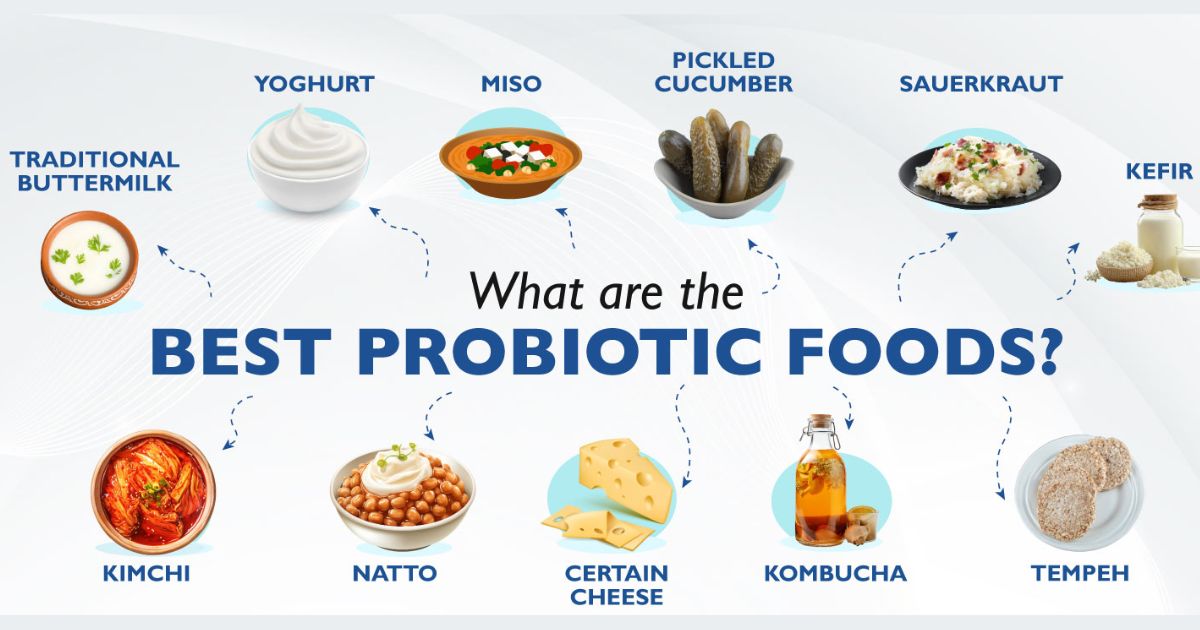
Studies from Harvard Medical School show probiotics may even help manage weight and improve symptoms of irritable bowel syndrome. Yogurt, kefir, and fermented vegetables are natural sources, but supplements often contain higher concentrations of beneficial strains.
Best Strains of Probiotics for Women 40+
Probiotics are powerful allies for balancing the gut and immune system, especially as digestive strength declines with age. Choosing the right strains matters because different bacteria offer different benefits.
- Lactobacillus rhamnosus: supports vaginal and urinary tract health while improving gut balance.
- Bifidobacterium lactis: enhances immune response and helps break down difficult-to-digest foods.
- Lactobacillus acidophilus: commonly used for maintaining a healthy intestinal environment.
- Bifidobacterium longum: linked to reduced inflammation and better nutrient absorption.
- Saccharomyces boulardii: a probiotic yeast that helps protect against diarrhea and gut infections.
Including these strains in supplements or fermented foods such as yogurt, kefir, and sauerkraut supports immune, muscle, and nervous system health in women over 40.
9. Zinc: Immunity and Wound Healing After 40
Zinc supports immunity, hormone balance, and wound healing. Deficiency can lead to hair loss, frequent colds, and slow recovery from illness. According to the NIH, about 12% of the U.S. population is zinc deficient.
Oysters, pumpkin seeds, and beef are zinc-rich foods. Supplements may be necessary for vegetarians or women with absorption problems.
Zinc-Rich Foods and Best Supplements
Zinc plays a critical role in immunity and wound healing after 40, when the body’s defenses naturally weaken. A mix of food and supplements helps ensure optimal intake.
- Oysters: the richest natural source of zinc, boosting immune and reproductive health.
- Beef and lamb: excellent animal-based sources that provide easily absorbed zinc.
- Pumpkin seeds: a plant-based option also rich in magnesium and healthy fats.
- Chickpeas and lentils: affordable legumes offering zinc along with protein and fiber.
- Nuts (cashews, almonds): convenient snacks that support daily zinc intake.
- Fortified cereals: enhanced with zinc for those with limited dietary sources.
- Zinc gluconate or zinc picolinate supplements: highly absorbable forms often recommended by doctors.
10. Selenium: Antioxidant for Healthy Aging
Selenium protects cells from oxidative stress and supports thyroid function. Low selenium levels are associated with faster aging, infertility, and immune dysfunction.
Brazil nuts are the richest natural source of selenium, while supplements provide controlled doses. Doctors advise caution since excessive selenium can be toxic.
Safe Dosage and Best Sources of Selenium
| Source | Selenium Content (per serving) | Notes |
| Recommended daily intake | 55 mcg | Average requirement for women over 40 (NIH, USA data) |
| Brazil nuts (1 nut) | ~70 mcg | Just one nut can meet or exceed the daily need |
| Tuna (3 oz, cooked) | ~92 mcg | Excellent source but should be eaten in moderation due to mercury risk |
| Sardines (3 oz, canned) | ~45 mcg | Rich in selenium and omega-3 fatty acids |
| Eggs (1 large) | ~15 mcg | Easy daily addition to diet |
| Brown rice (1 cup, cooked) | ~19 mcg | Plant-based selenium source |
| Sunflower seeds (1 oz) | ~18 mcg | Great snack providing trace minerals |
| Supplements | Varies (50–200 mcg per pill) | Only taken under medical supervision |
11. Folate: Cell Renewal and Hormonal Balance
Folate supports cell repair, hormone regulation, and DNA health. While it’s often discussed in relation to pregnancy, women over 40 still need it to support metabolism and cognitive health.
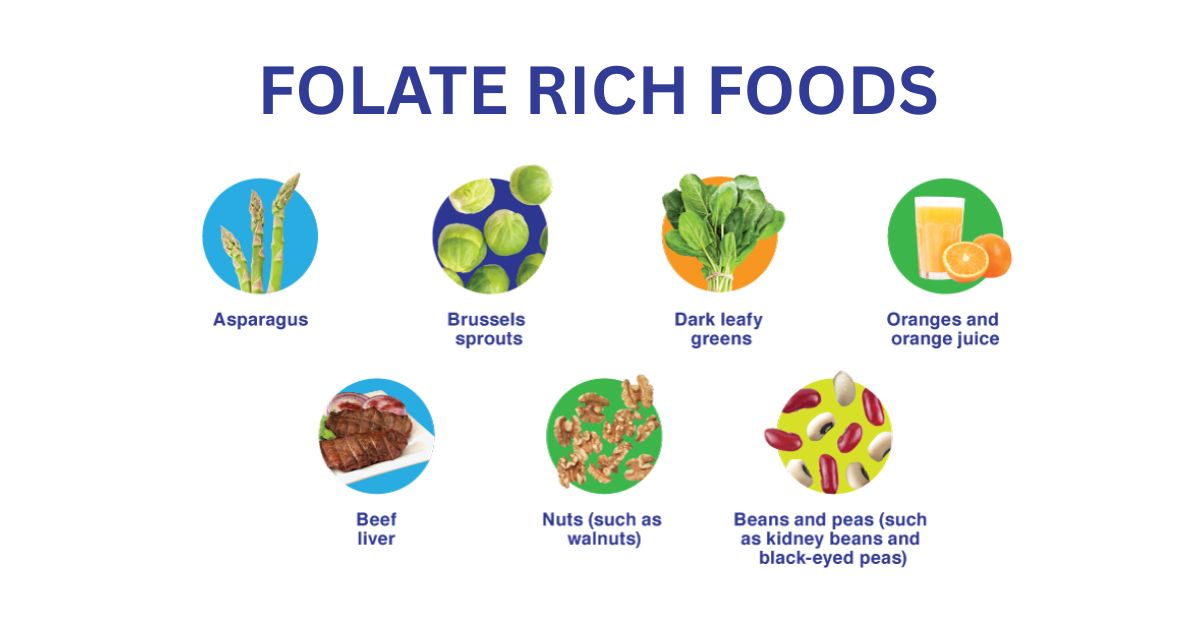
Deficiency increases the risk of anemia and hormonal imbalance. Leafy greens, beans, and fortified cereals are good sources. Supplements are commonly recommended for women with low intake.
Folate vs. Folic Acid for Women Over 40
Folate and folic acid are both forms of vitamin B9, vital for cell renewal and hormonal balance in women over 40. While they serve the same purpose, their sources and absorption differ.
- Folate: the natural form found in foods such as spinach, asparagus, lentils, and avocados. It’s more easily recognized and used by the body.
- Folic acid: the synthetic form used in supplements and fortified foods like bread and cereals. It helps meet higher demands during aging and menopause.
- Methylfolate supplements: a bioactive form often recommended for women who have difficulty converting folic acid into usable folate.
Getting a balance of both helps support red blood cell formation, DNA repair, and cardiovascular health while also lowering the risk of age-related complications.
12. Multivitamins: Covering Nutrient Gaps After 40
When diet is inconsistent, multivitamins help fill gaps. They provide a combination of essential vitamins and minerals tailored for women over 40.
Multivitamins should not replace a balanced diet but serve as a safety net. Choosing high-quality, age-specific formulations ensures better absorption and health benefits.
Choosing the Right Multivitamin
A good multivitamin helps fill nutrient gaps after 40, especially when diet alone isn’t enough. The right choice can support bone health, energy, and immune strength during middle age.
- Calcium and vitamin D: essential for bone strength and osteoporosis prevention.
- Magnesium: supports nerve activity, muscle contraction, and sleep quality.
- B vitamins (B6, B12, folate): vital for energy metabolism and brain health.
- Iron (only if deficient): should be included carefully, as excess iron can be harmful post-40.
- Antioxidants (selenium, zinc, vitamins C & E): help combat oxidative stress and aging.
When selecting a supplement, avoid multivitamins with artificial fillers or extremely high doses that may cause side effects. Always match the formula to your nutritional needs after 40 and get guidance from a healthcare provider.
Lifestyle Factors: Exercise, Sleep, and Balanced Diet
Supplements only work effectively when paired with healthy lifestyle habits. Women in their forties should focus on regular exercise, quality sleep, and a balanced diet rich in whole foods. I believe, supplements only work best when paired with a balanced lifestyle that includes movement and quality sleep Stress management and hydration also improve nutrient absorption.
By combining good habits with the right supplements, women can protect their bones, boost energy, and enjoy vibrant health well into their fifties and beyond.
Conclusion
The journey after 40 is about maintaining strength, energy, and vitality. In my experience, every woman over 40 should consider at least a basic multivitamin, but always tailor it to her individual health needs. The 12 supplement for 40 year old woman outlined here, ranging from calcium and vitamin D to probiotics and multivitamins provide a foundation for long-term wellness. Backed by research and U.S. health statistics, these supplements bridge the gap where diet alone falls short. Always consult with a healthcare provider before starting a new supplement routine, and remember that your future health is built on the habits you choose today.
FAQs
1. What supplements should a 40-year-old woman take daily?
A 40-year-old woman should consider calcium, vitamin D, magnesium, B12, omega-3s, and probiotics to support overall health.
2. Is it safe to take multivitamins after 40?
Yes, but choose one designed for women over 40, ensuring it includes key nutrients without unnecessary fillers.
3. Why do women over 40 need more calcium and vitamin D?
These nutrients support bone strength and help prevent osteoporosis, which becomes more common with age.
4. How does menopause affect supplement needs?
Menopause increases the demand for vitamin D, calcium, magnesium, and folate due to hormonal shifts and bone loss risk.
5. Can supplements replace a healthy diet for women over 40?
No, supplements fill gaps but should complement a balanced diet rich in fruits, vegetables, lean protein, and whole grains.
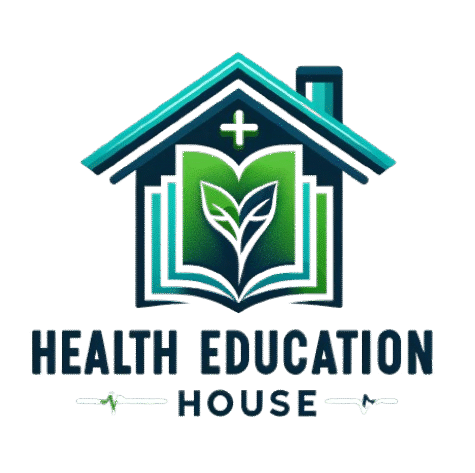
 Medically reviewed by
Medically reviewed by